Are Calcium Chloride and Sodium Bicarbonate Essentially Salt and Chalk?
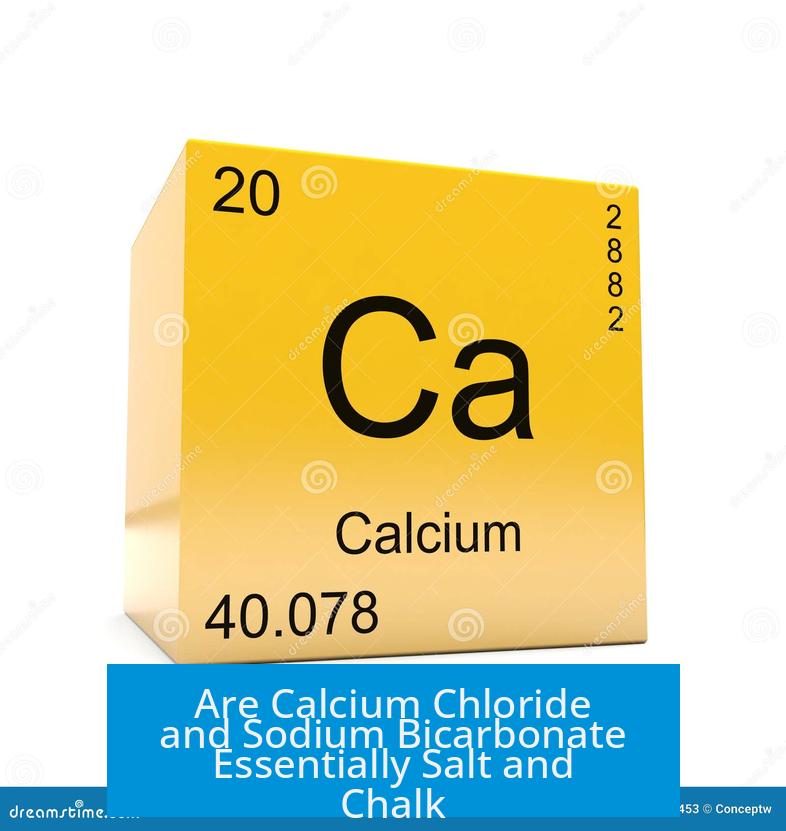
The ingredients calcium chloride and sodium bicarbonate in your water bottle are not simply salt and chalk, but they can react together to form similar substances, including salt (sodium chloride) and chalk-like compounds (calcium carbonate).
Chemical Composition and Reactions
Calcium chloride (CaCl2) is a salt that dissolves easily in water. Sodium bicarbonate (NaHCO3), commonly known as baking soda, is a mild base used in many applications.
When combined in water, these two compounds undergo a chemical reaction:
CaCl2 + 2 NaHCO3 → 2 NaCl + CaCO3 + CO2 + H2O
This reaction produces sodium chloride (table salt), calcium carbonate (chalk), carbon dioxide gas, and water.
Understanding Chalk in Context
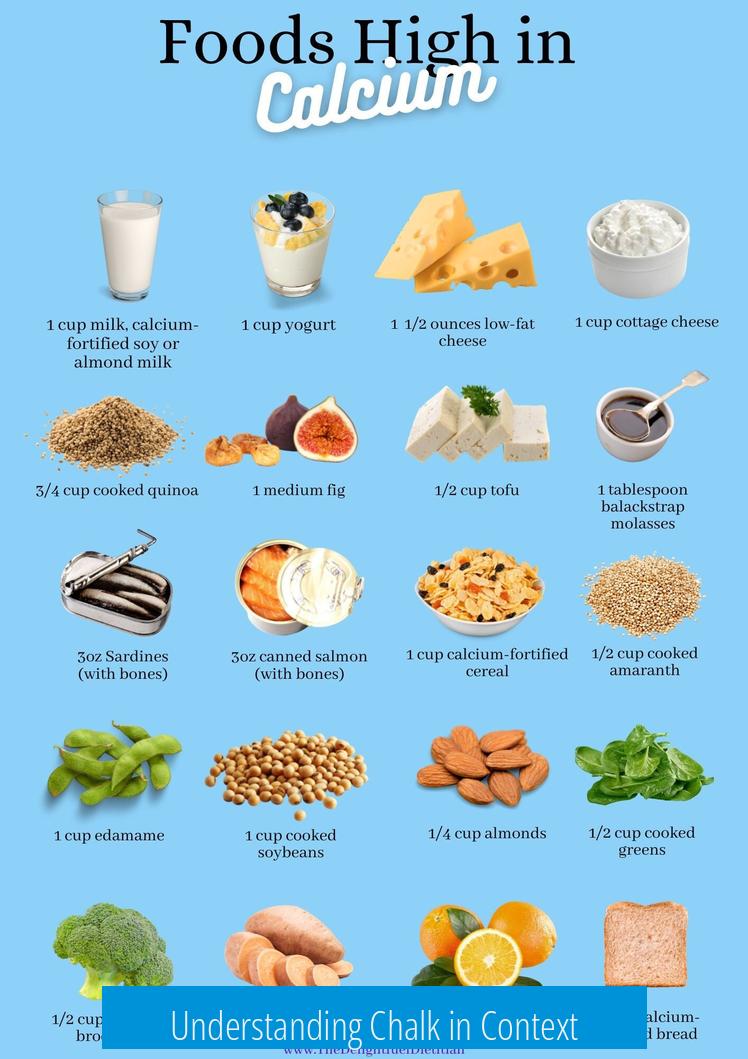
Chalk is primarily calcium carbonate (CaCO3). Unlike the soluble salts, chalk is insoluble in water and does not dissolve easily. However, under certain conditions—like acidification with CO2—chalk can dissolve to form calcium bicarbonate, which is soluble in water.
- This natural process is responsible for geological formations such as stalactites.
- It also relates to environmental concerns such as coral reef degradation due to ocean acidification.
What the Water Bottler Achieves
By adding calcium chloride and sodium bicarbonate, the manufacturer creates an in situ reaction that simulates the presence of both salt and chalk-like substances in the water.
This method can adjust mineral content, improve taste, or mimic natural mineral waters without directly adding chalk (which is insoluble and would precipitate).
Summary of Key Points
- Calcium chloride and sodium bicarbonate react to form sodium chloride (salt) and calcium carbonate (chalk), among other products.
- Chalk (calcium carbonate) produced is insoluble and can cause cloudiness or precipitates.
- Chalk dissolution depends on acidity and presence of CO2, forming soluble calcium bicarbonate.
- Water bottlers add these chemicals to simulate mineral content, not to add literal chalk.


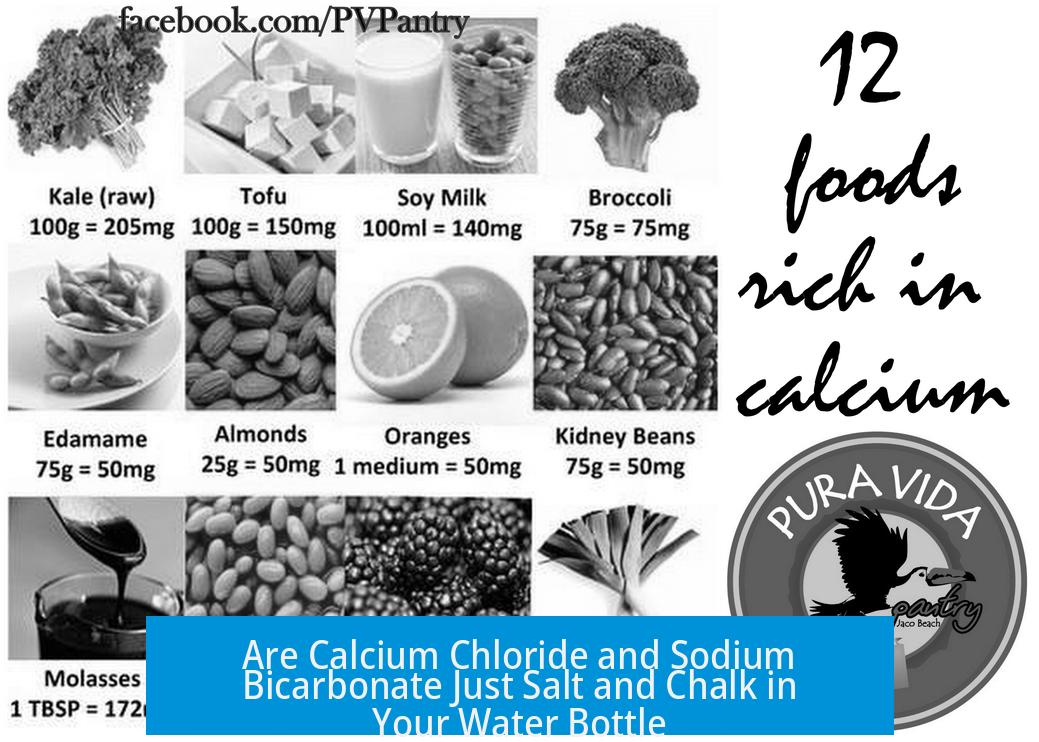
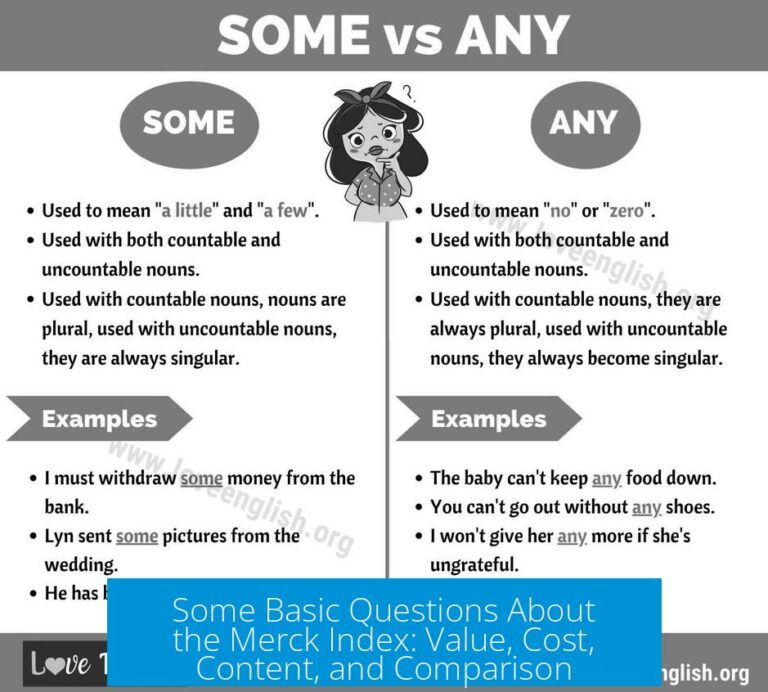
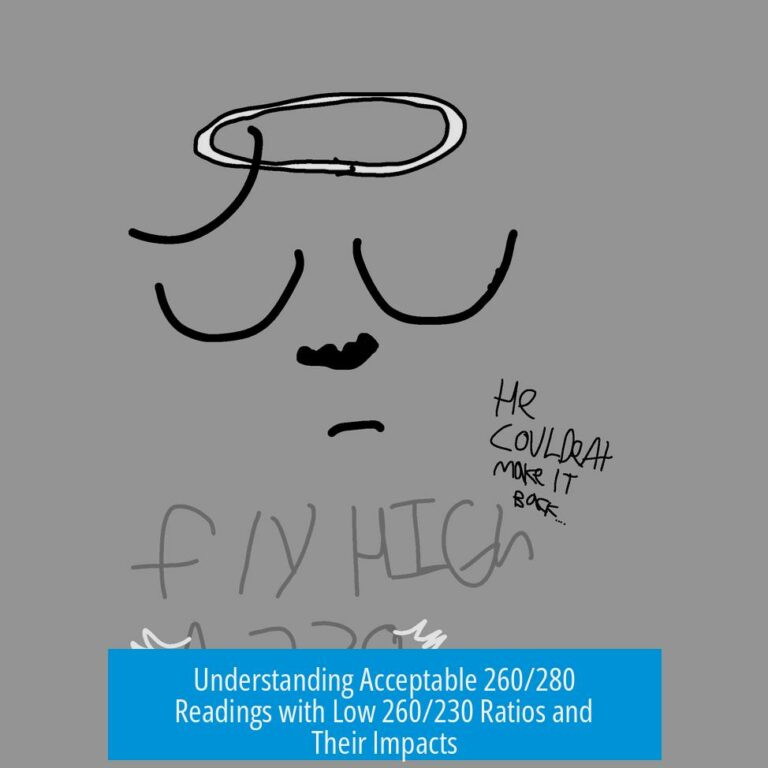
Leave a Comment